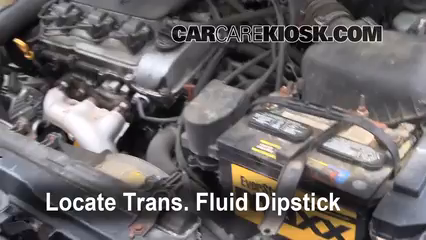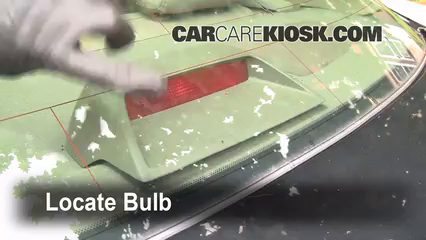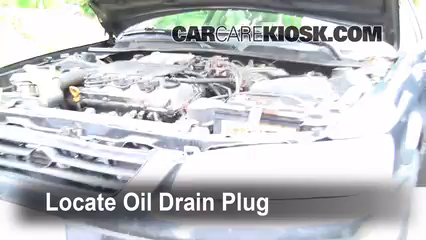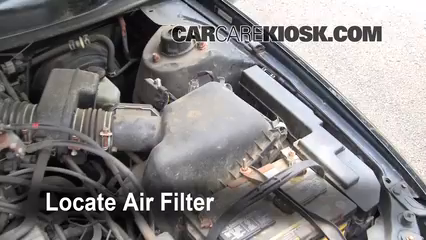Tire Pressure for 1997 Toyota Camry XLE 3.0L V6
Toyota Camry Model Years - 1997, 1998, 1999, 2000, 2001
Correct tire pressure for your Camry? Hint: it's not the tire pressure on your tires
Hans Angermeier is an ASE certified Maintenance and Light Repair Technician and has produced over 100,000 videos showing drivers how to fix things on their cars. He has broad expertise on basic repair procedures covering the majority of cars on the road. Over the past 10 years, Hans has been focused on building CarCareKiosk, which is visited by millions of drivers each month.
- BMW of MKE North helped make these videos
- Feedback
- Download Toyota owners manuals
Did you know that the most important thing you can do to care for your tires and improve your fuel economy is to maintain the proper air pressure? Checking the tire pressure in your 1997 Toyota Camry is relatively easy and important to do on a regular basis. Open the driver side door on your Camry and look for a sticker that indicates what the tire pressure should be. Don't use the maximum pressure indicated on the sidewall of your tires. It is best to check the tire pressure on your Camry in the morning before the car has been used or when you have driven it for less than a mile. When you drive your Camry, the air inside your tires warms up and expands, so to get an accurate reading, check the tire pressure when the car has not been driven recently.
Many vehicles are equipped with a TPMS sensor in each wheel to detect the tire pressure of each tire. TPMS means tire pressure monitoring system. If your 1997 Toyota Camry has a tire pressure light that illuminates in the dashboard when you start your vehicle, it has TPMS sensors. The TPMS light should illuminate briefly when you start your car, but then turn off afterwards. If your tire pressure light keeps coming on or the tire pressure light is blinking or flashing, then you likely have low tire pressure in your tires. For most vehicles, inflate the tires to the proper pressure and drive your vehicle a few miles and the tire pressure light will reset and turn off. TPMS sensors have batteries in them and they are mounted inside of the tire. Eventually that battery will die and the tire pressure sensor will need to be replaced in order to get the Toyota Camry tire pressure light off.
Underinflated tires decrease the gas mileage of your Camry, wear out faster and make the vehicle harder to steer, whereas overinflated tires blow out more easily, wear out faster and can cause unsafe handling dynamics. For these reasons and more – keeping your tires properly inflated on a regular basis is easy and important.
- Advance Auto coupon for
20% off entire order: KIOSK20













